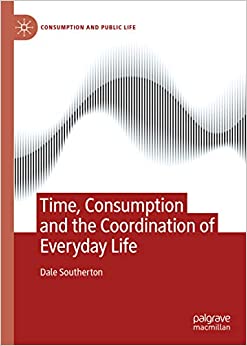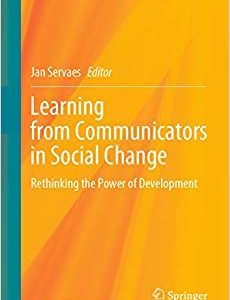Time pressure, speed and the desire for instant consumption pervade accounts of contemporary lives. Why is it that people feel pressed for time, in what ways have societies changed to create this condition, and with what implications?
This book examines critical contentions in the field of time and society, ranging from the emergence and dominance of ‘clock time’ and time discipline, the time pressures associated with consumer culture, through to technological innovation and the acceleration of everyday lives.
Through extensive analysis of empirical studies of the changing ways in which people organise and experience home, work, leisure, consumption and personal relationships, time pressure is shown to be a problem of the coordination and synchronization of activities. Appreciation of temporal rhythms – formed and reproduced through the organisation and performance of social practices – is necessary to tackle the challenges of coordination, and offers new avenues for analysing social issues such as sustainable consumption, health and well-being.
This book is essential reading for all of those interested in social change, consumption and time, including researchers and students from across the social sciences.











